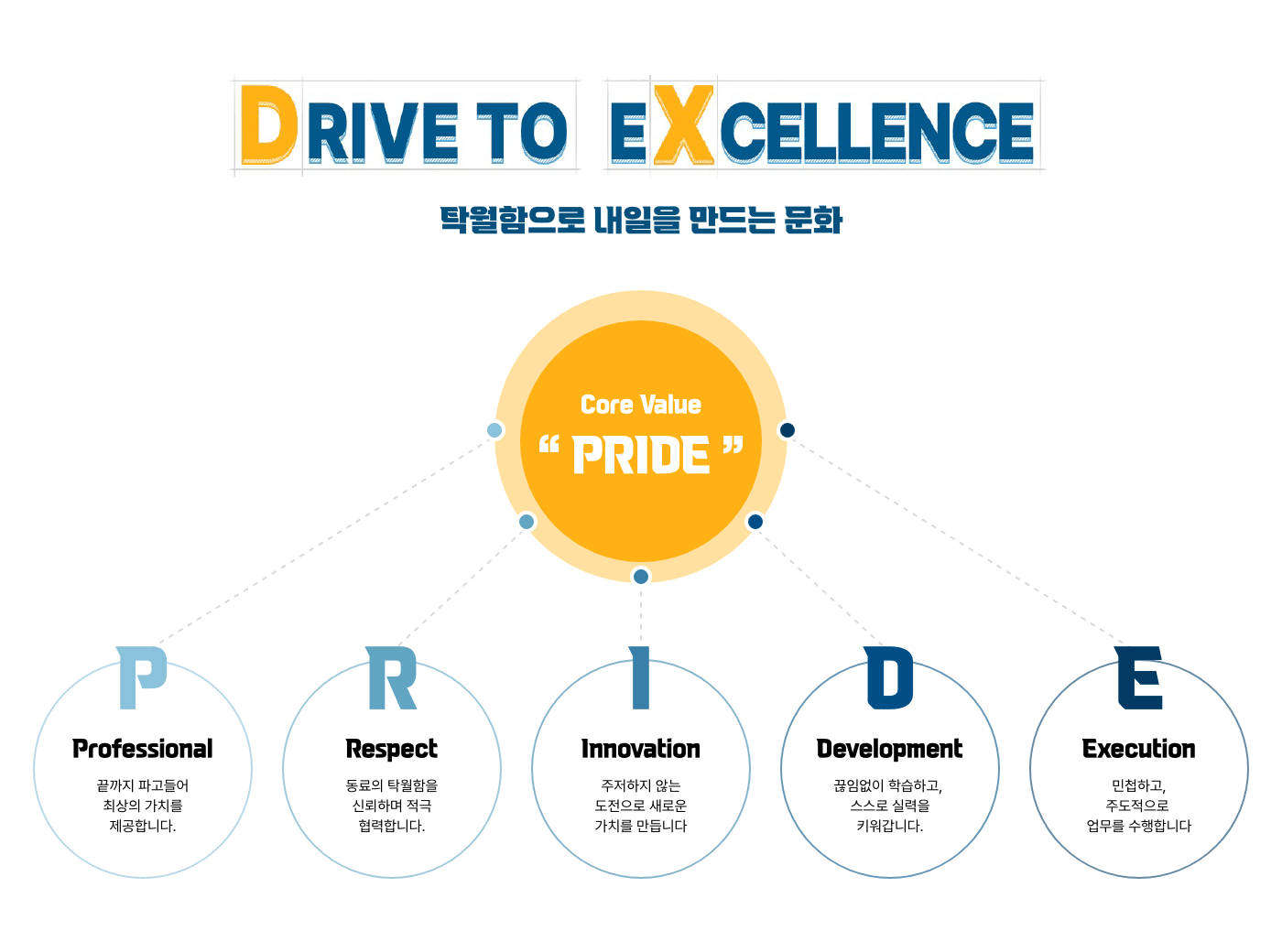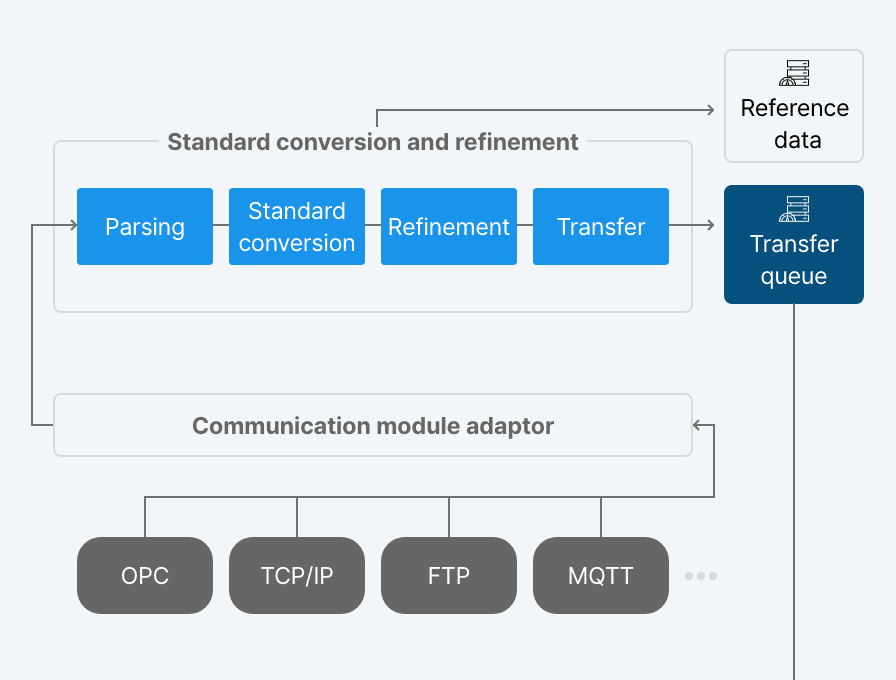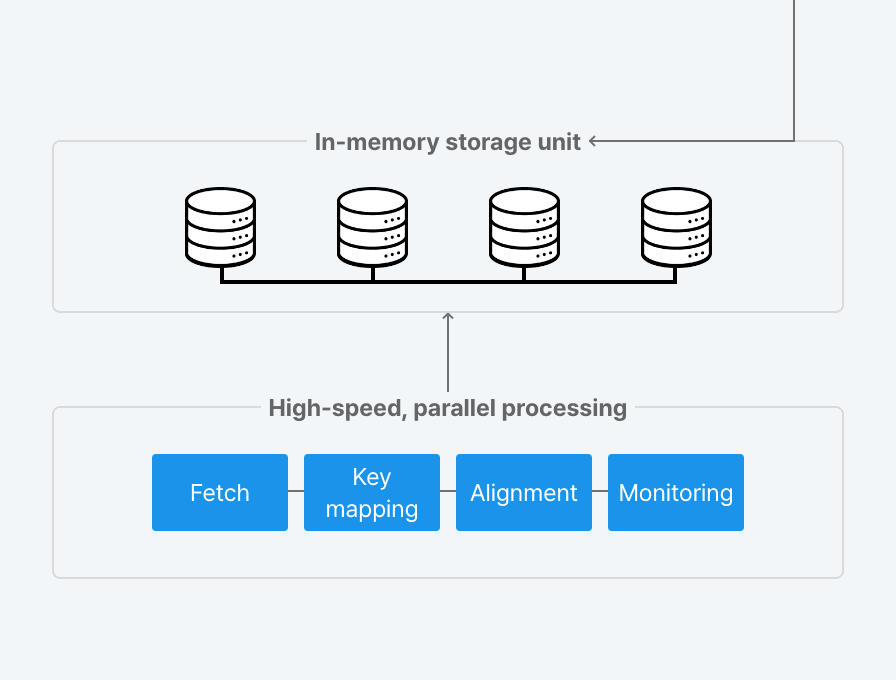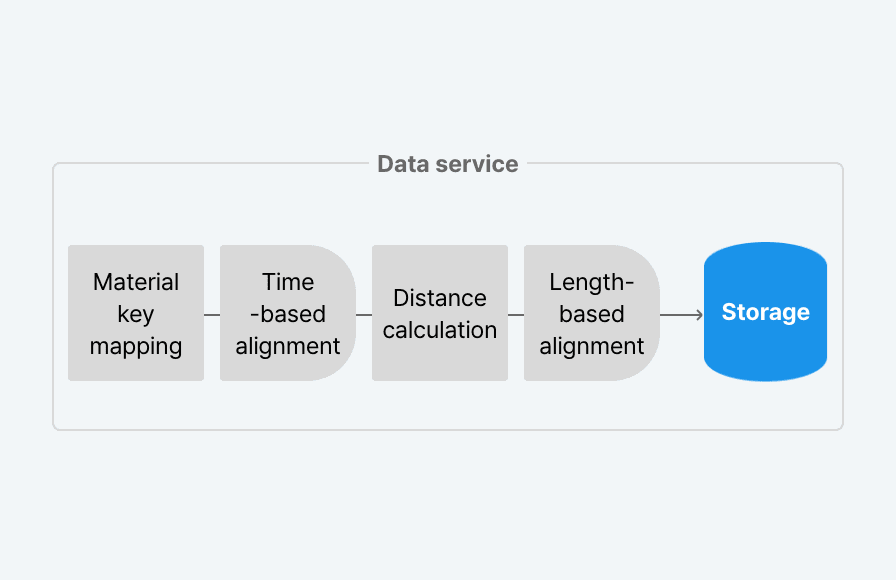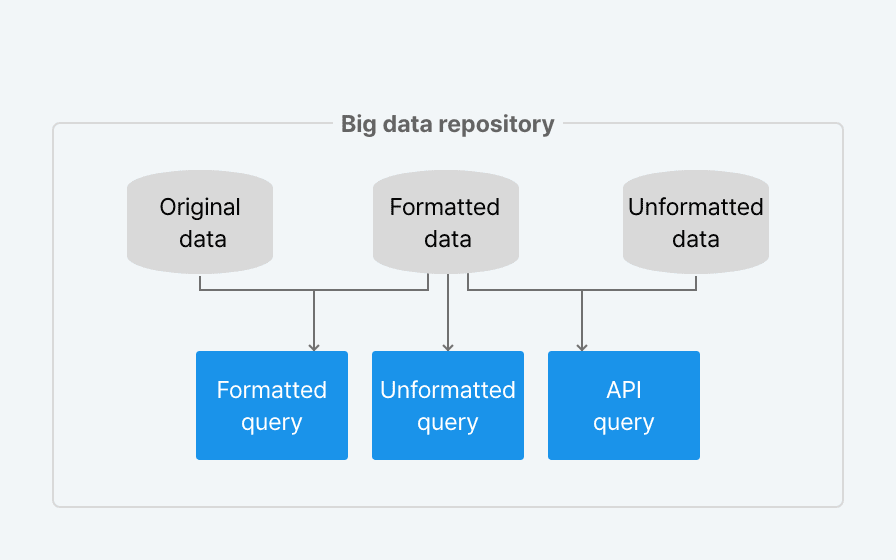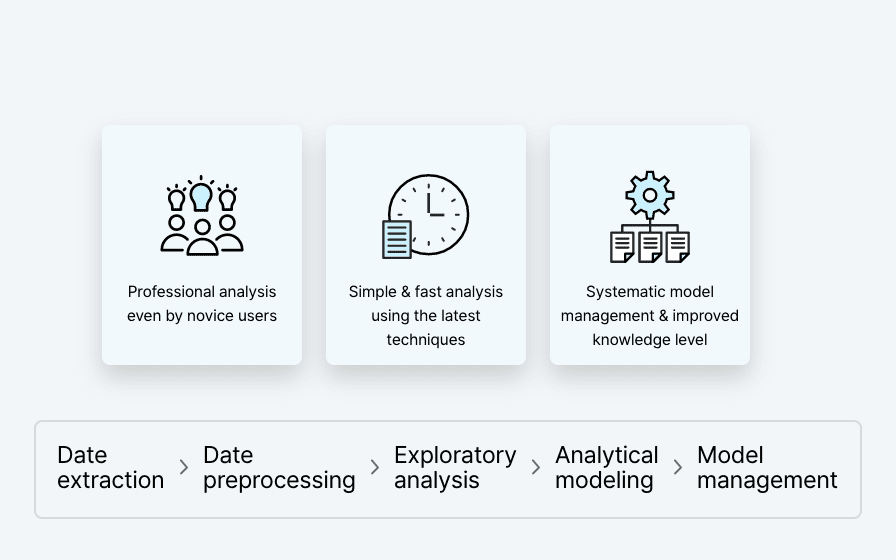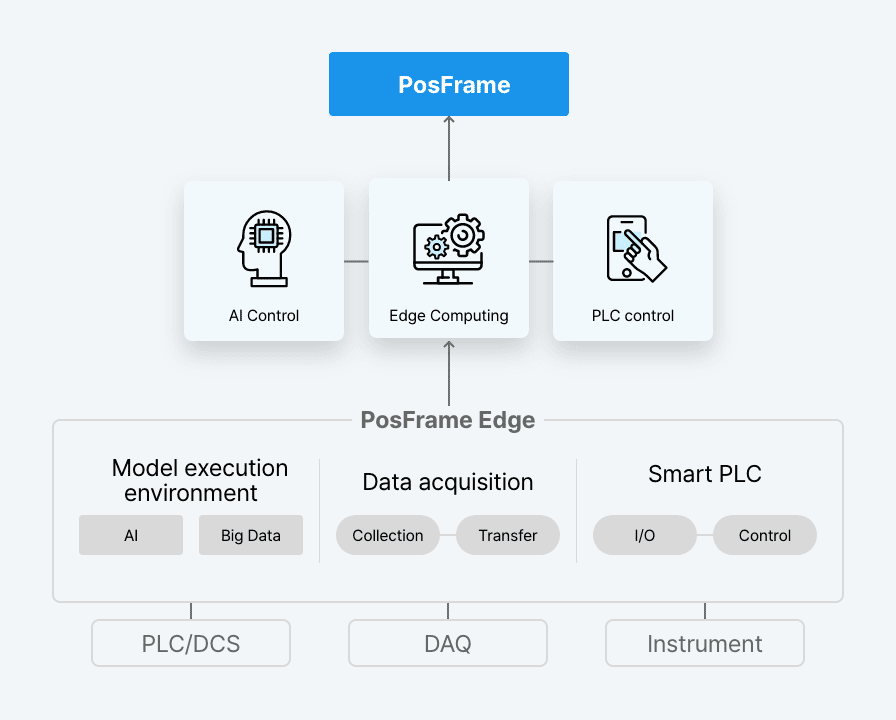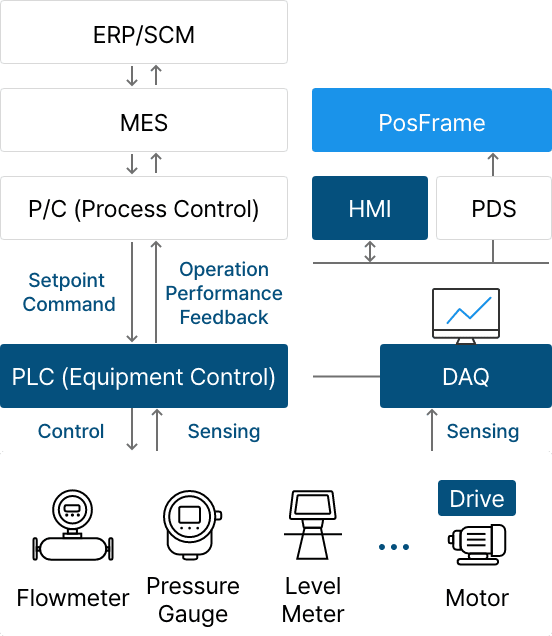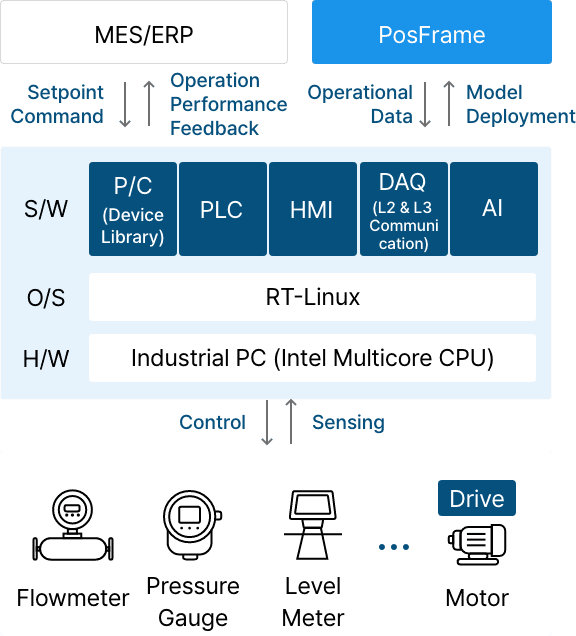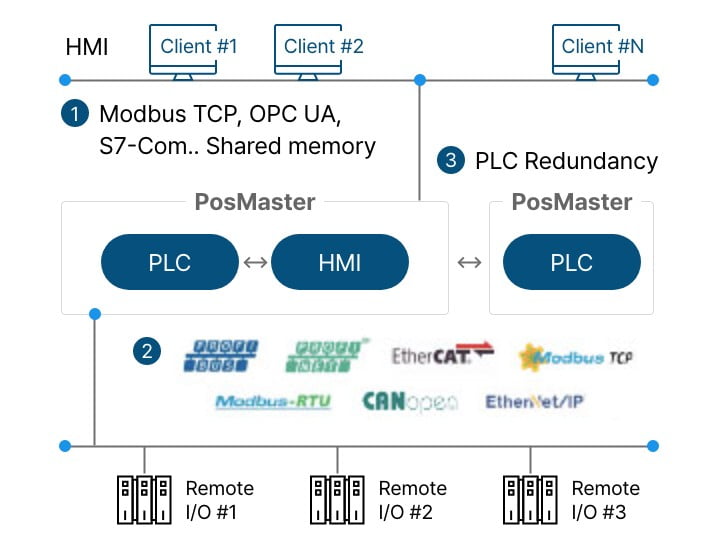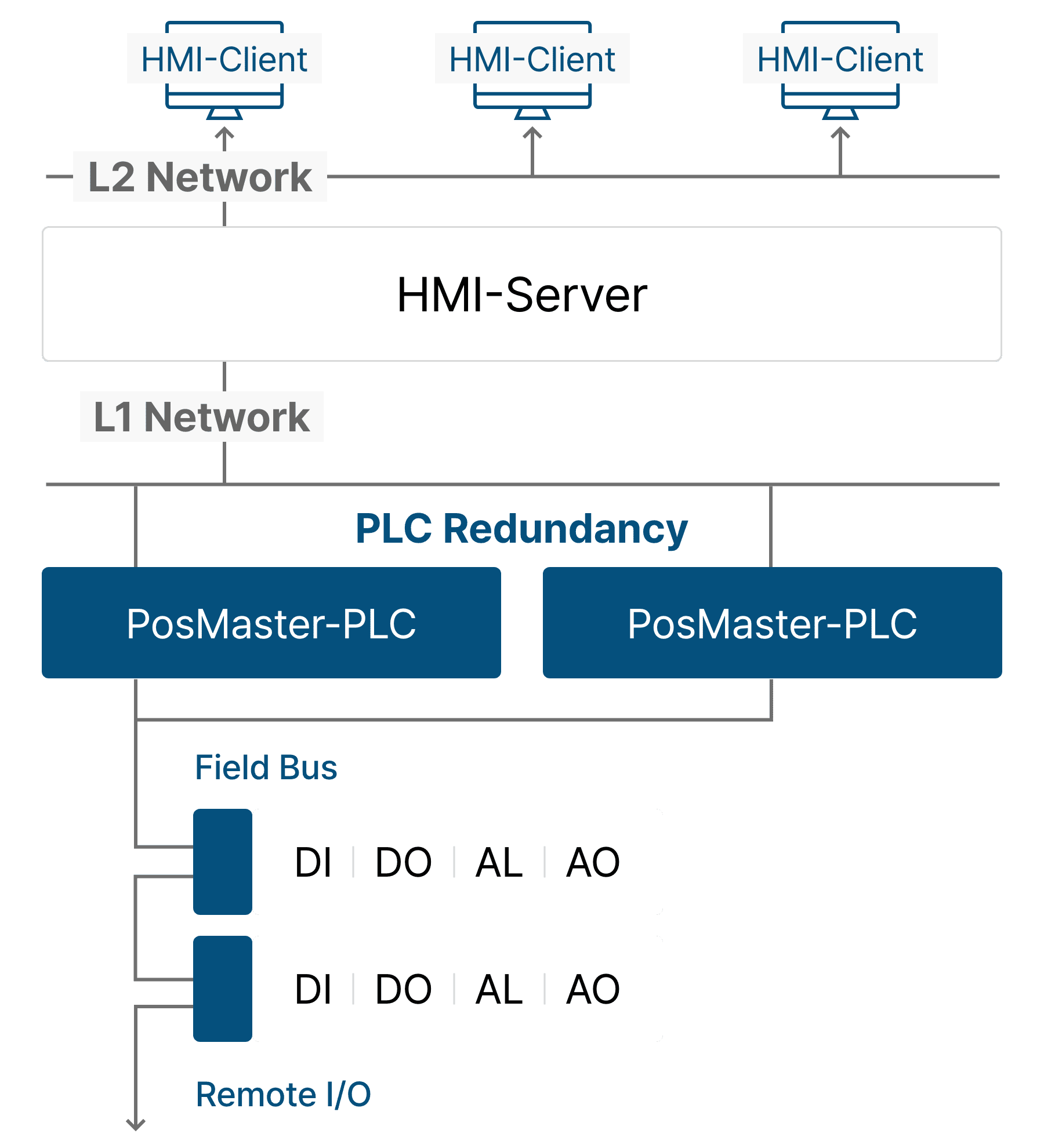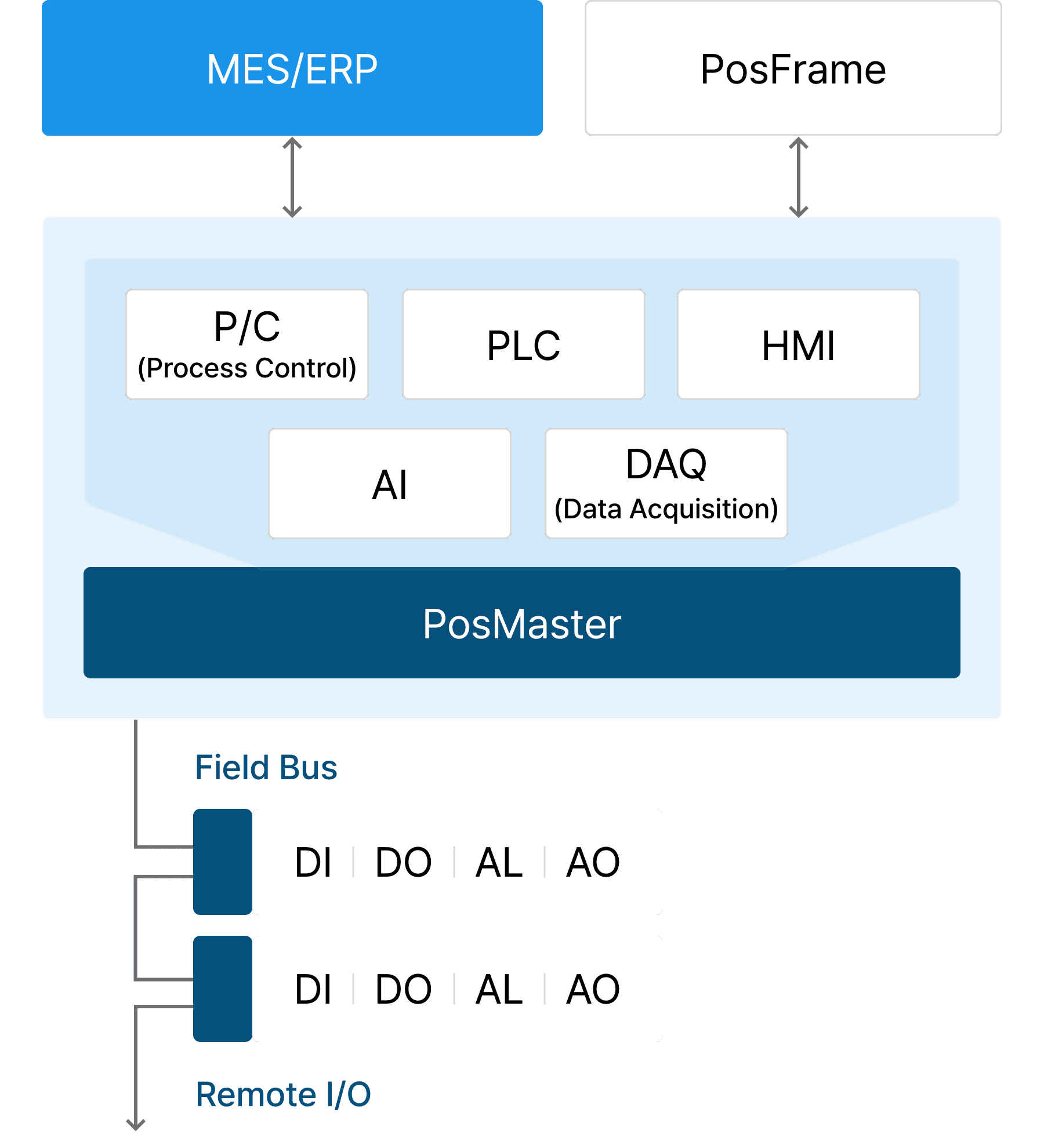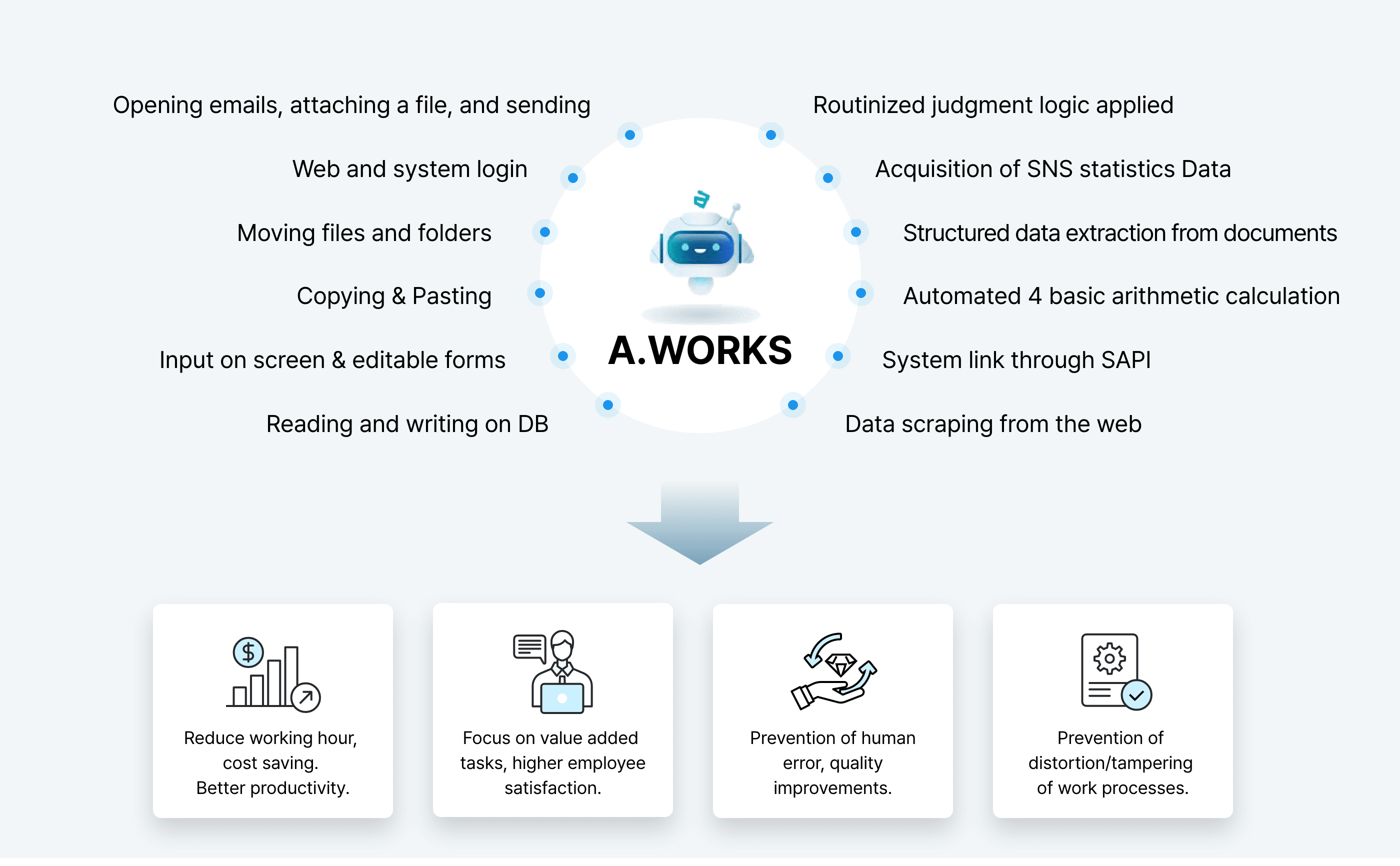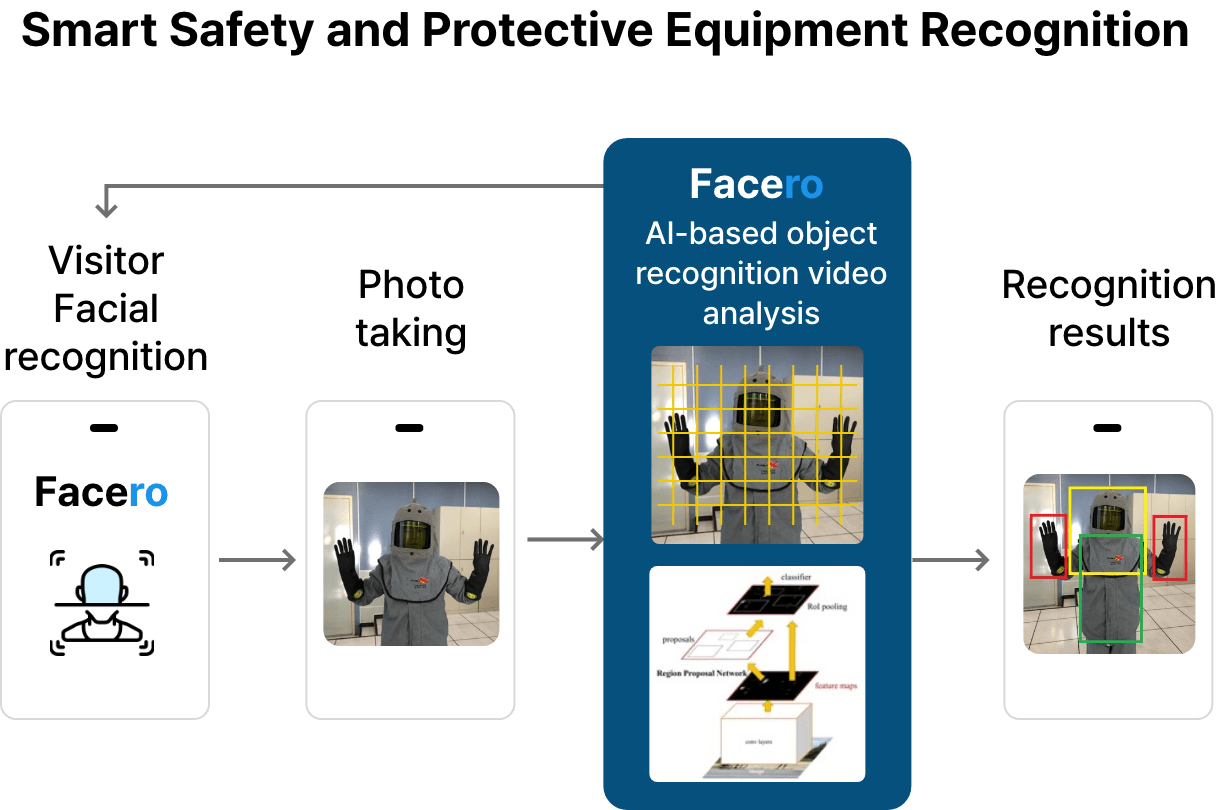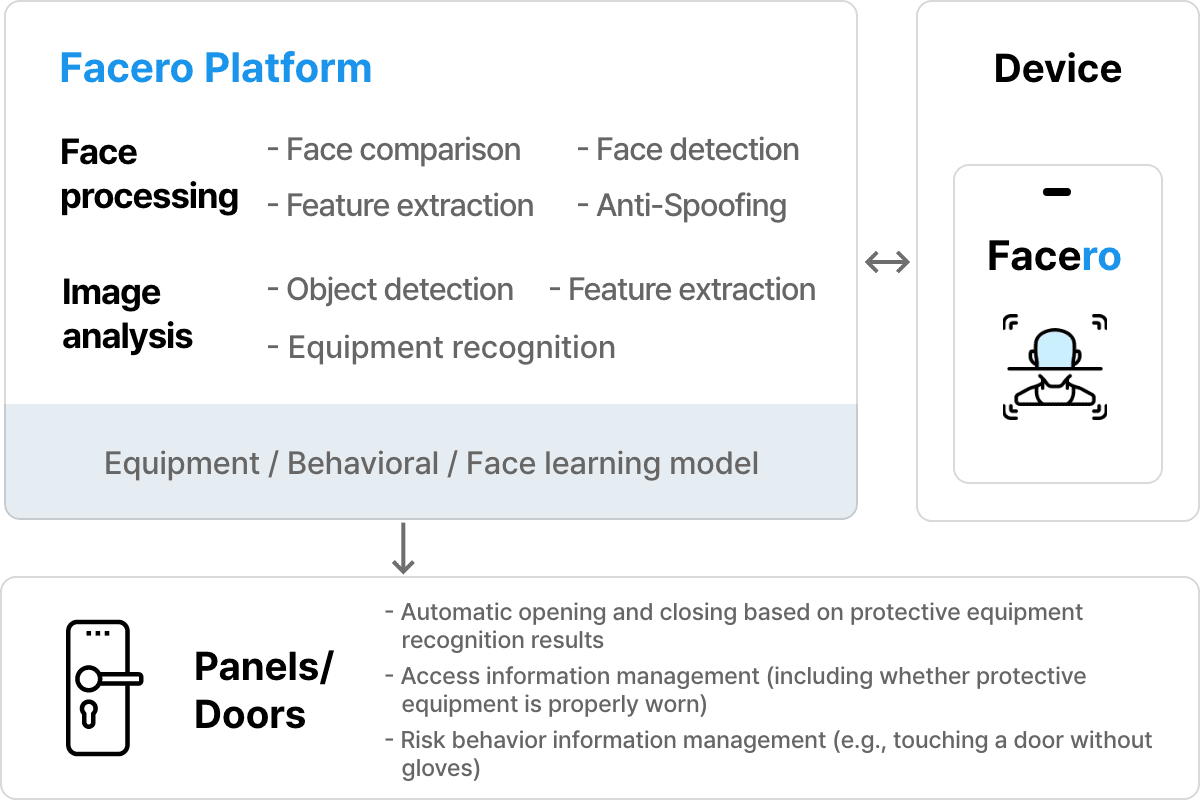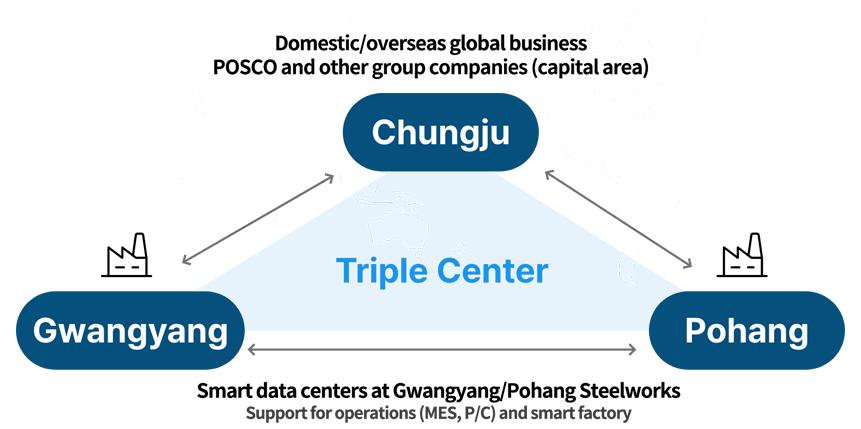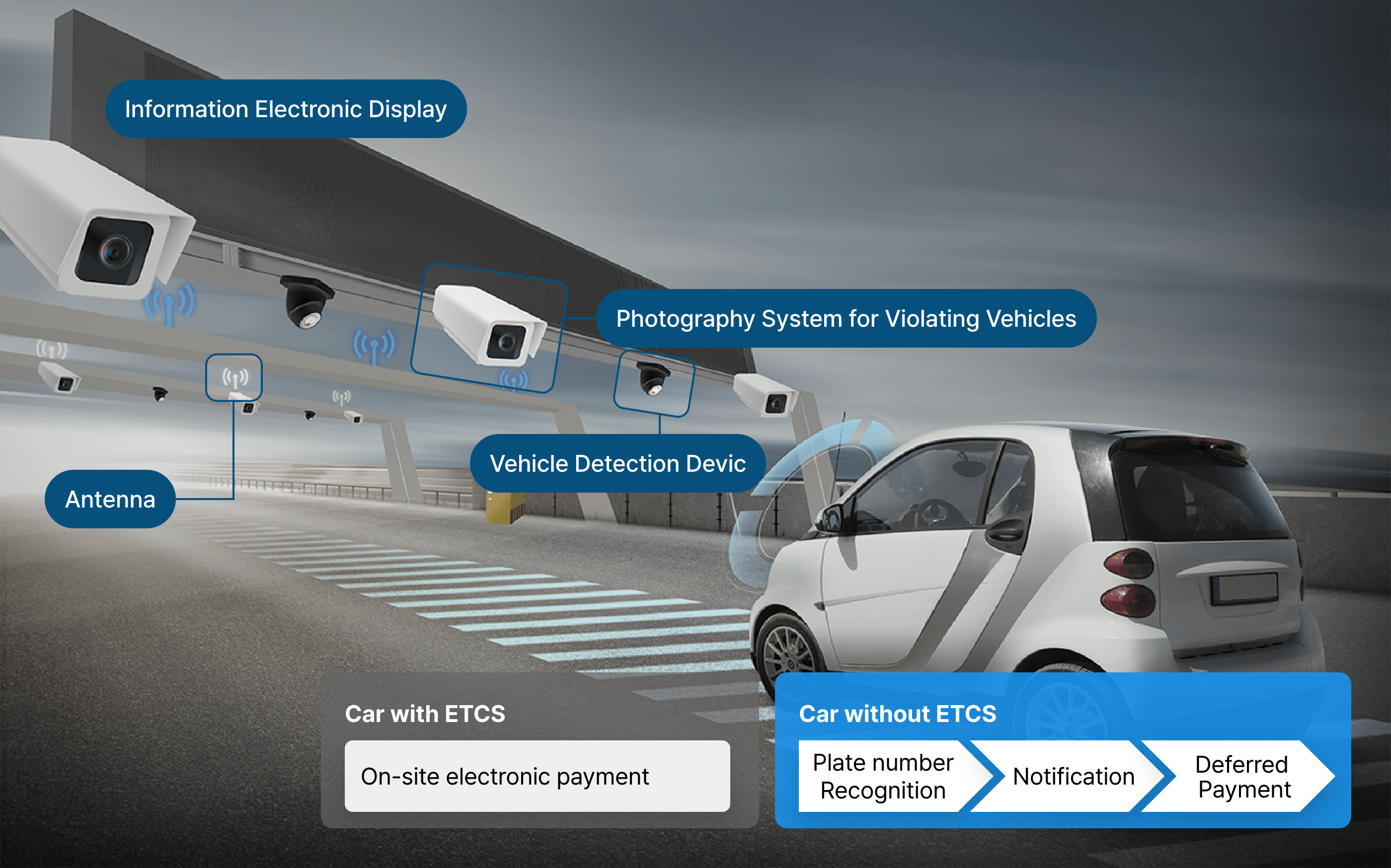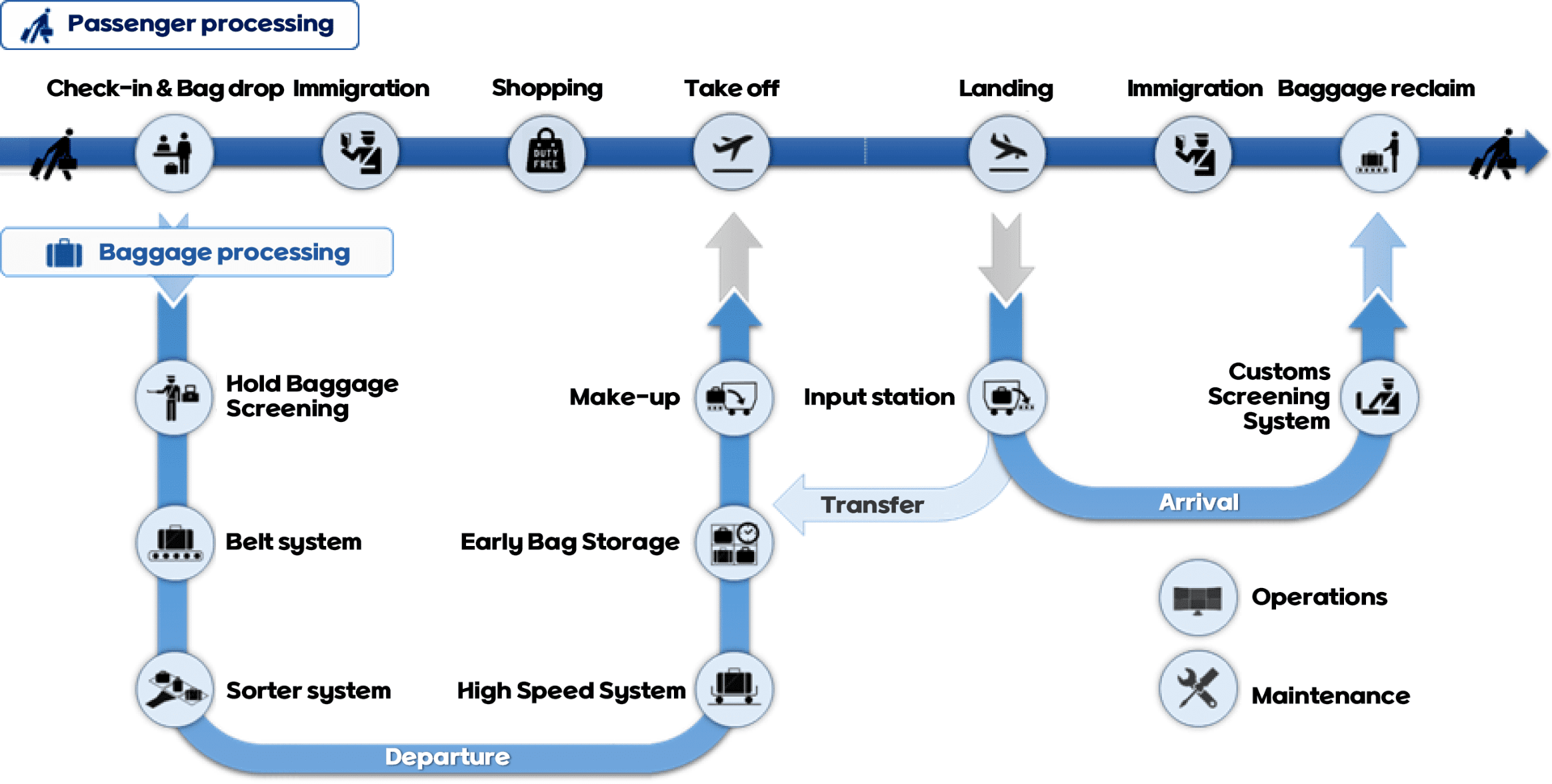- HOME
- Sustainability Management
- Ethical management
Ethical management
Our ethical management is based on the philosophy of "doing the right thing the right way
POSCO Group has achieved remarkable growth with the mission to assist national advancement.
In the process, we have engaged in a relentless search to identify what is right for our country and business.
We must charge ourselves with the trust of the people and a stronger belief in ourselves to drive us forward and navigate the future.
At this juncture, I would like to share with you the new way forward in our ethical management.
First, ‘my’ actions and decisions should always represent ‘Integrity’. We shall not seek personal interests at work and all decisions shall be made with the highest standard of justice and righteousness.
Second, we shall practice the value of ‘Respect’ for ‘others’. We shall protect the human rights of our co-workers and everyone with whom we interact in our business activities, embrace diversity, and treat each other with fairness.
Third, let us exercise ‘Mutual Empathy’ as a means to extend the boundaries that frame ‘we/us’. We can develop and grow together through mutual trust by paying attention to the voices of our stakeholders and by respecting the perspectives and rights of diverse populations.
POSCO Group will step up our efforts to being a trusted leader in the global market through ethical management.
Ethics Charter
POSCO Group aspires to become a trusted and respected enterprise by deeply understanding that ethical management is the greatest value we must uphold in order to co-exist and co-prosper with our many stakeholders as a member of society.
Members of the POSCO family must comply with laws and ethics based on the ethical management philosophy of “doing the right thing in the right way,” while also seeking to achieve Integrity, Respect, and Mutual Empathy and establishing an ethical corporate culture in business activities that cover all the basics and comply with the rules.
At the employee level, we must pursue individual growth and company success by achieving a work-life balance, and create a positive work environment by establishing a corporate culture of mutual respect. We must fulfill our duty to respect everyone as human beings and to respect the human rights universally pursued by human society.
For our customers, we must understand that our future depends on customer trust and success.
We must respect the customer voice at all times and create value that promotes customer prosperity.
For our shareholders, we must enhance shareholder value by making fair profits through transparent decision making and efficient business activity.
With our business partners, we must establish a fair trading system based on mutual trust and strengthen our corporate ecosystem in which we co-exist with our business partners through mutual growth.
At the community level, we must contribute to the development of society by fulfilling our duties and obligations. We must be deeply aware of the importance of environmental issues and do our best to protect the environment in all of our business activities.
POSCO family members must always be aware of the fact that our actions are directly linked to our self-respect as well as corporate value and reputation. We pledge to comply with the Code of Conduct and to ensure that ethics and integrity are at the heart of our culture and business operations.
Ethical Principles
1. Roles and responsibilities of all employees
We comply with relevant laws and company regulations and guidelines anywhere in the world where POSCO Holdings conducts business.
We endeavor to maintain our dignity as employees and protect our corporate reputation.
We make our best efforts to establish an ethical culture by taking responsibility for practicing ethical behavior.
We report to or consult an authority figure or the department in charge of ethical management immediately upon becoming aware of the fact that a situation faced or an action performed by us or another person violates or is likely to violate the Code of Ethics.
We fully cooperate with investigations conducted by the department in charge of ethical management regarding matters that are likely to violate the Code of Ethics.
We do not retaliate against informants or individuals who participate in an investigation in relation to Code of Ethics violations.
We are aware of the fact that by violating the Code of Ethics, soliciting another person to violate the Code of Ethics, failing to report a Code of Ethics violation or cooperate with an investigation, or taking retaliatory action against an informant or individual participating in an investigation, we may become subject to disciplinary action as appropriate.
In particular, we are aware that there is zero tolerance for the four major ethical violations: acceptance of bribery, misappropriation, fabrication of information, and sexual misconduct.
2. Special responsibilities of executives and authority figures
Executives and authority figures have the responsibility to set an example of ethical compliance and prevent ethical misconduct among staff members. To this end, they must be aware of the following principles and put them to practice:
When the company’s profits and ethics are in conflict, you have a duty to prioritize ethics in your operational and administrative decision making.
You must exemplify ethical conduct in your work and fulfill your duty as an internal and external role model.
You must train and guide staff members to understand the provisions of the Code of Ethics and Practice Guidelines and the importance of compliance.
You must routinely examine your teams for ethical misconduct and proactively prevent unethical behavior that is likely to occur by identifying the causes, improving processes, and taking other measures.
You must foster an organizational atmosphere that promotes and supports ethically correct behavior where staff members can speak up without worrying about adverse action.
You must report to or consult the department in charge of ethical management immediately upon becoming aware of the fact that a staff member has violated the Code of Ethics.
You have unlimited liability for any ethical misconduct you have engaged in, and supervisory liability for the ethical misconduct of a subordinate employee.
Code of Ethics
- 1 Compliance with Basic Ethics and Related Laws
We do not seek personal gain.
We protect company information and assets.
We practice fair competition and trading. - 2. Developing a culture of trust and human respect
We foster a wholesome organizational culture.
We provide equal opportunities.
We protect and respect human rights. - 3. Realizing customer value
We commit to customer satisfaction.
We create customer value.
We build customer trust. - 4. Good faith towards investors
We fulfill our obligations to investors.
We communicate transparently with investors. - 5. Co-prosperity with suppliers
We build mutual trust with suppliers.
We pursue co-prosperity with suppliers. - 6. Social and environmental responsibility
We contribute to the development of the nation and society.
We commit to environmental protection and ecosystem conservation.
Practical Guidelines
Chapter 1 General Provisions
Article 1 (Purpose) The purpose of these guidelines is to provide the employees of POSCO DX Co., Ltd. (hereinafter referred to as the "Company") with the criteria for making sound decisions and appropriate action regarding the kinds of ethical conflicts that may arise during the course of their work so that they can correctly understand and practice the Code of Ethics.
Article 2 (Scope of Application) These guidelines shall apply to the Company and all its employees.
Article 3 (Application Principles) ① When employees are faced with an ethical conflict connected with the performance of their work, they shall judge the situation and act accordingly based on the superior Code of Ethics (PA1100) and these practice guidelines.
② If the judgment criteria are not clearly stipulated in these practice guidelines, they must judge and act based on the decision-making principles set forth in each of the following articles, and if they are uncertain about their judgment, they shall inquire and consult with the head of the organization to which they belong or the Righteousness Management Group and act according to its interpretation.
1. Legality: Is there a possibility that my actions could be interpreted as a violation of the law or the company's regulations?
2. Transparency: Can I disclose my decision-making process and the content of my decision?
3. Rationality: Is my current choice the best for the company and myself?
Chapter 2 Guide to Ethical Practice
Article 4 (Restrictions on the Provision and Receipt of Money and Valuables)
① "Money or valuables" refers to any cash, gift certificates, vouchers, goods, or items that can bring economic benefits.
② Employees shall not provide, request, receive, or accept money or valuables from stakeholders for any reason. However, the following cases are exceptions:
1. Gifts for promotional or advertising purposes whose value does not exceed KRW 50,000. However, it is permitted to accept agricultural and marine products and processed products (including flowers) whose value does not exceed KRW 150,000.
2. Souvenirs that are marked with the company logo of the stakeholder and whose value does not exceed KRW 50,000, or souvenirs that are generally provided to attendees at events hosted by the stakeholders.
③ Employees shall not request or receive gifts from overseas corporations when traveling abroad.
④ If employees inevitably receive money or valuables without their knowledge, they shall return them. If it is difficult to return them, they must report it to the Righteousness Management Group.
⑤ If employees use their knowledge, position, or other attributes related to their job in order to earn income (e.g., lecture fees) through external lecture activities, they shall deposit 50% of the income.
Article 5 (Principles and Restrictions on Hospitality)
① "Hospitality" refers to various activities that are carried out for personal gatherings and interactions related to company business, such as meals and drinks, games of golf, cultural performances, and other forms of entertainment.
② Acts of hospitality whose value exceeds KRW 100,000 per person may not be given to or received from stakeholders. However, if acts of hospitality exceeding KRW 100,000 per person must inevitably be provided in relation to work, the prior approval of the department head shall be obtained.
③ If hospitality exceeding KRW 100,000 is inevitably given or received, it shall be reported to the Righteousness Management Group. However, for civil servants, journalists, school personnel, and other persons subject to the Improper Solicitation and Graft Act, food and drink worth KRW 30,000 or less per person may be provided only in cases where it is recognized as having a justified purpose such as the smooth performance of one’s duties, social interaction, or as an act of courtesy.
④ Hospitality at entertainment establishments with assistants of the opposite sex is prohibited regardless of the amount.
Article 6 (Principles and Restrictions on Convenience)
① "Convenience" refers to the provision or receipt of benefits for the purposes of transportation, accommodation, tourism, and event support.
② Convenience for transportation, accommodation, etc., that exceeds the normal level shall not be given or received; excluding however those forms of convenience generally provided to all attendees at events. Here "normal level" refers to a level that satisfies the requirements of each of the following items:
1. It must be at a level that is universally valid according to sound common sense and social conventions; and when the provision or receipt of such convenience is made public it must be justifiable have no effect on fair business practices impose no burden on either party involved.
2. It must be appropriate in terms not only of amount but also location purpose method number repetition cycle timing counterpart involved social ethics customs.
3. It must have no consideration (quid pro quo), regardless amount.
4. All executives and employees shall comply with Improper Solicitation & Graft Act domestic international laws regulations conflicts higher laws followed.
5. The "normal level" may vary depending specific situation work nature position etc.
③ In cases where convenience is inevitably given or received beyond the permitted scope; it must be reported to the Righteousness Management Group.
Chapter 3 Reporting and Rewards/Penalties for Unethical Behavior
Article 16 (Obligation to Report and Confidentiality)
① Employees who become aware of their own or others' actions that violate the "Ethical Code (PA1100)" or these guidelines must report or consult with their department head or the Righteousness Management Group by the fastest and most convenient method to actively protect the company and its members from unethical behavior. However, violations of human respect must be reported directly to the Righteousness Management Group without internal reporting.
② Executives and department heads must immediately report or consult with the Righteousness Management Group upon being informed of violations of the "Ethical Code (PA1100)" or these guidelines by their subordinates and must not downplay or conceal the matter.
③ The Righteousness Management Group may verify facts regarding reported matters if necessary, and related employees must actively cooperate.
④ Employees must not disadvantage reporters or whistleblowers or disclose their identities.
⑤ If a reporter or whistleblower is concerned about personnel disadvantages, personnel measures such as job transfers may be taken at their request.
⑥ Employees who learn of a report in the course of their duties or by chance must maintain confidentiality, and those who leak information may face disciplinary action.
⑦ Operational standards for reporting unethical acts such as receiving money or valuables from stakeholders and related rewards are separately determined.
Article 17 (Rewards and Disciplinary Actions)
① The company may pay a portion of the recovered funds resulting from reports of unethical conduct as a reward to the whistleblower in accordance with relevant regulations.
② The criteria for rewards are determined by the "Guidelines on Reporting Rewards and Exemptions for Unethical Acts (IA1104)" and other related regulations.
③ The company will strictly discipline employees who violate the "Ethical Code (PA1100)" or these guidelines in accordance with relevant regulations.
④ The company may restrict access to company premises and transactions for former employees who violated the "Ethical Code (PA1100)" after retirement.
Article 18 (Operation of the Ethics Committee)
The company may establish and operate an Ethics Committee to report, review, and decide on important ethics-related matters. Operational standards are separately determined.
Article 19 (Reporting Violations and Protection of Whistleblowers)
① Employees who become aware of violations of the "Ethical Code (PA1100)" or these guidelines must report or inform their department head or the ethics management department to promptly resolve the issue, thereby actively protecting the company and its members from such acts.
② Members will not face any disadvantages for legitimate whistleblowing activities.
③ Employees who become aware of unethical acts or violations of human respect may choose one of the following convenient methods to report or consult with the Righteousness Management Group:
1. Phone: 031-723-4500
2. Online: Cyber Reporting Center https://ethics.poscodx.com/
3. Email: ethicsdx@poscodx.com
